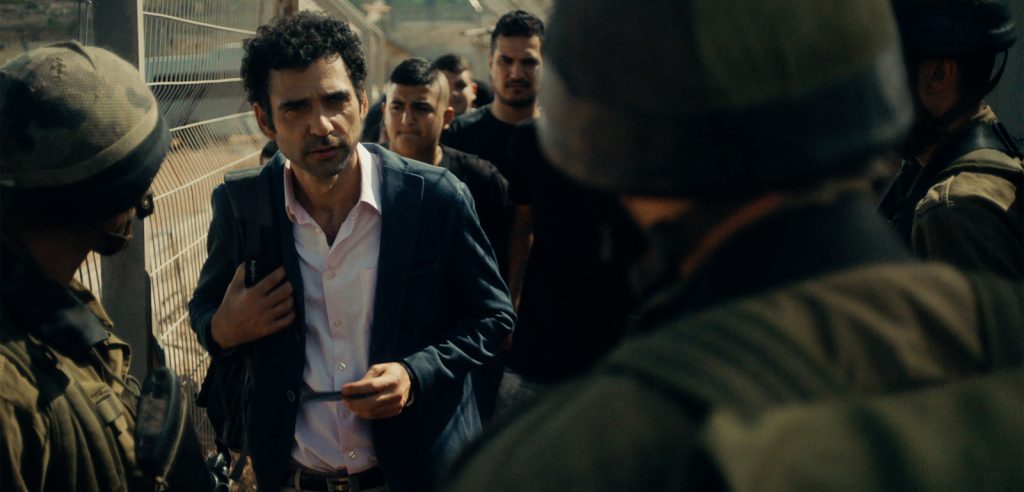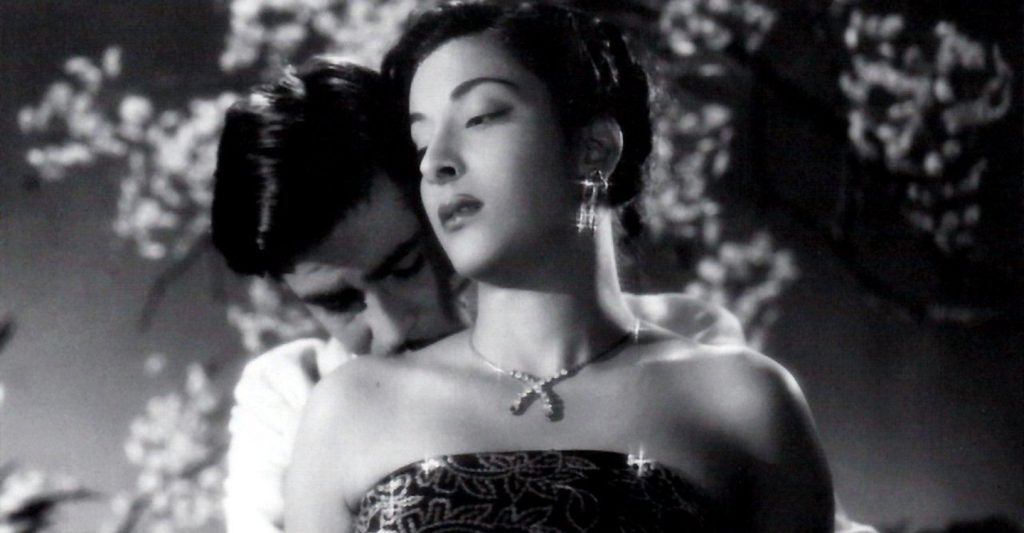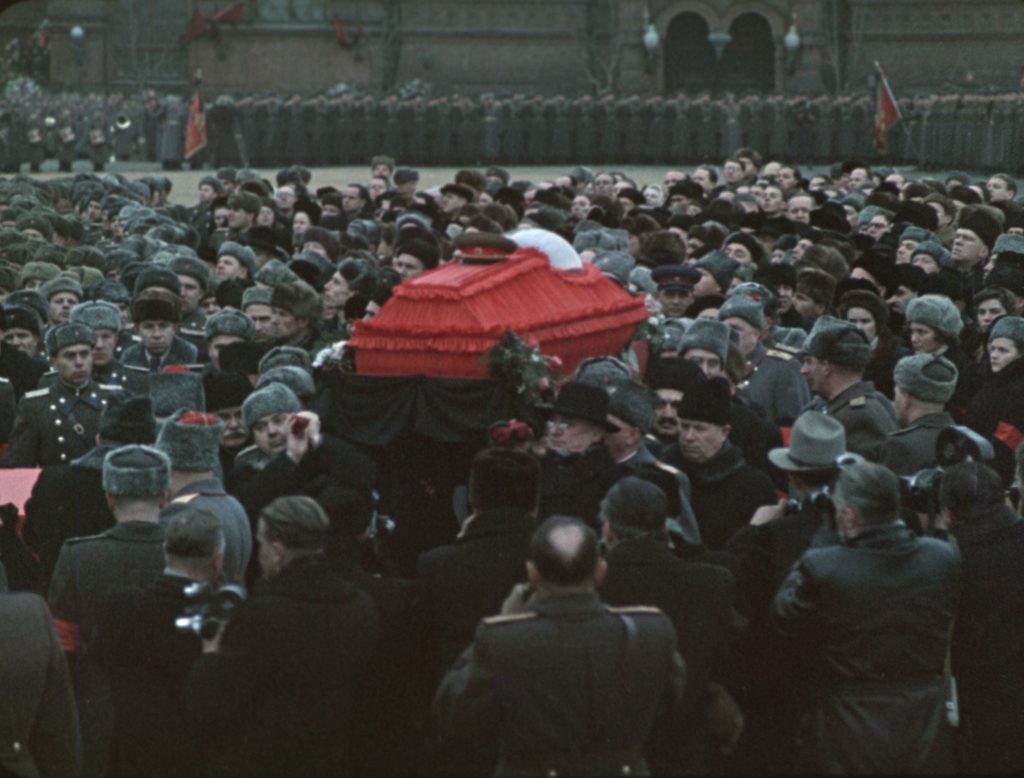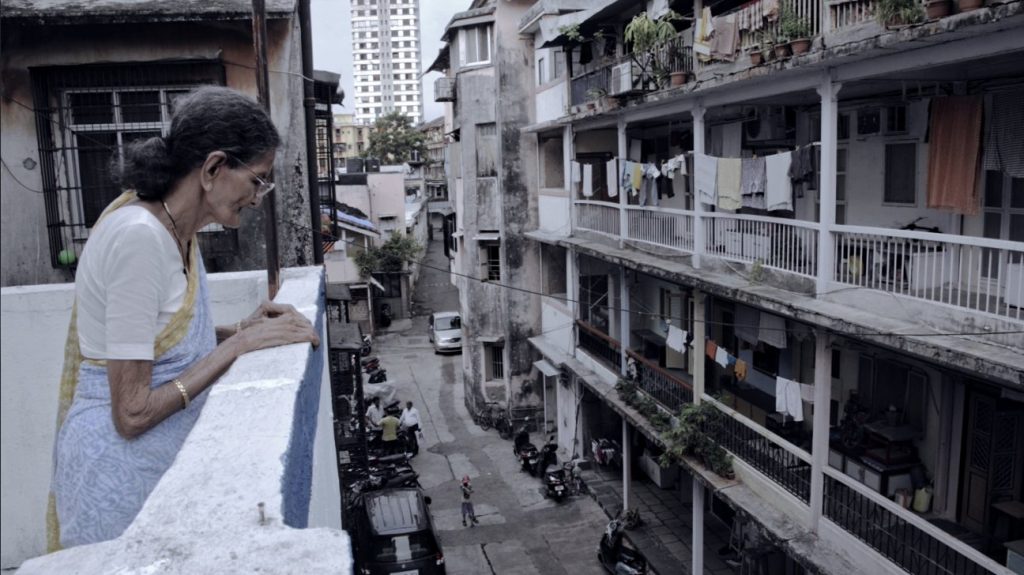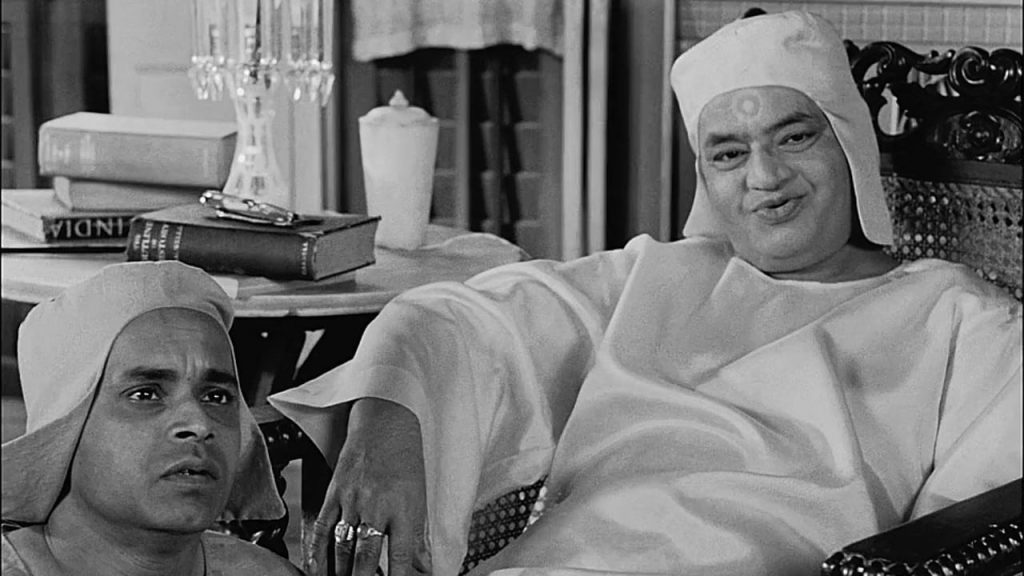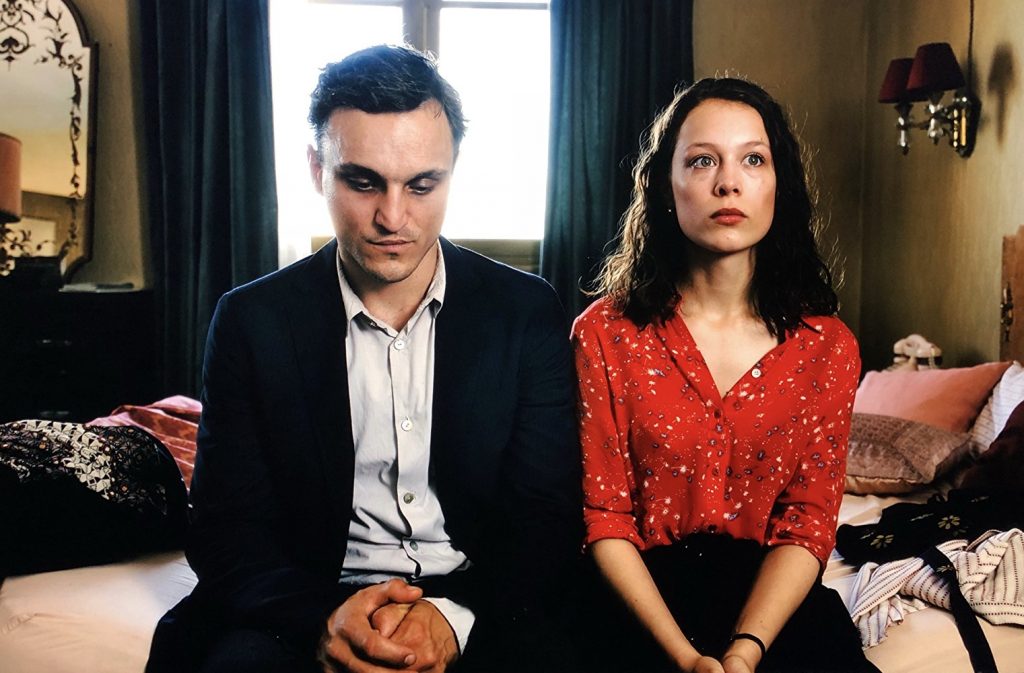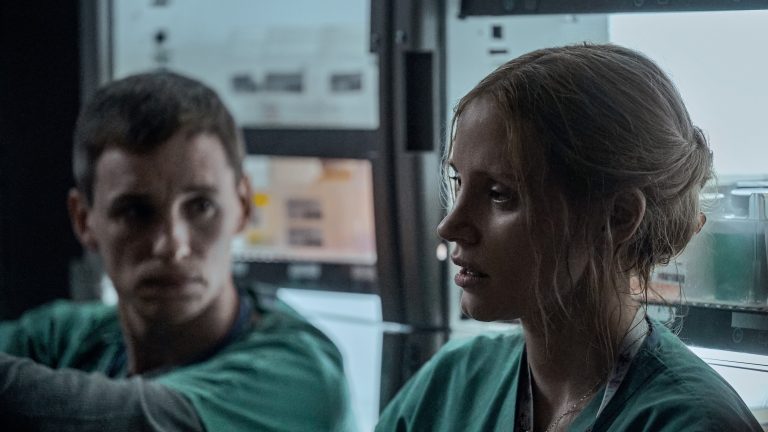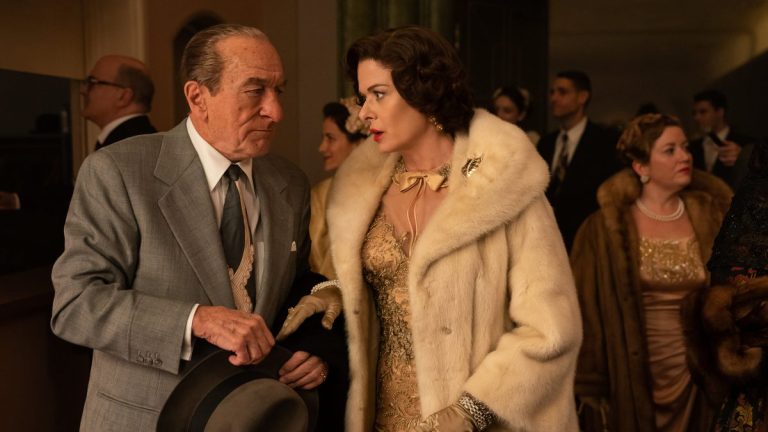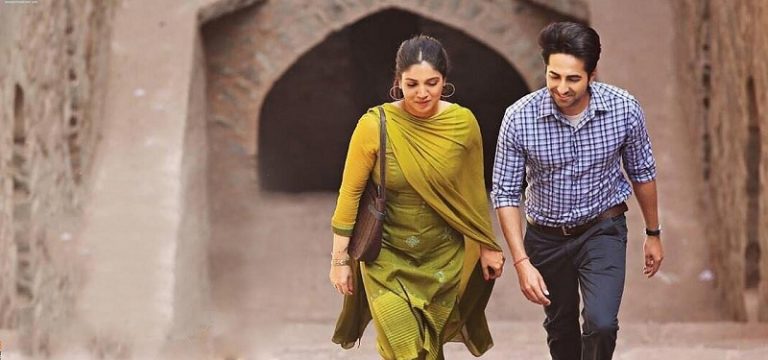7 Great Films Available For Streaming on MUBI Hand-Picked by Vikramaditya Motwane: It won’t be an understatement to say that Vikramaditya Motwane is one of the most influential artists of our time. If you make a list of the best Hindi films that have been made in the past decade, all of the films that he has directed i.e. Udaan (2010), Lootera (2013), Trapped (2015), Bhavesh Joshi Superhero (2018), and AK vs AK (2020) are going to make the cut. The rest of the list is probably going to be populated by movies that he has either produced or written. Some of the examples are Dev. D (2009), Ugly (2013), NH10 (2015), Hunterrr (2015), Raman Raghav 2.0 (2016), Udta Punjab (2016), and Mukkabaaz (2017). After that, if you expand your horizons to the format of serialized storytelling, Sacred Games (2018-2019), a show that Motwane has directed and produced, will certainly show up on your radar.
Now, after making his way into the “favorites of all time” lists of many cinephiles, Motwane has collaborated with MUBI to hand-pick some of his favorite films. According to the director, “These are movies that have stayed with me, have impressed me and made me laugh and cry and shudder.” I have watched all of them and I am here to share my thoughts. So, let’s begin.
1. Tel Aviv On Fire (2018)
Written and directed by Sameh Zoabi, Tel Aviv on Fire tells the story of Salam (Kais Nashif), a language instructor on a Palestinian soap opera with the same name as the movie. Due to creative differences with the show-runners, when the head writer of the show leaves, Salam is asked to fill that role even though he doesn’t have any expertise in writing a script. So, he hilariously takes notes from his personal experiences, eavesdrops on conversations that suit the scene he’s writing and befriends an Israeli officer Assi (Yaniv Biton) to understand how the show is being received among the masses.
Given how the Israel-Palestine conflict has escalated horribly right now, it is kind of difficult to casually vibe with the movie’s tongue-in-cheek satire. But that’s obviously not the movie’s fault. It’s more of a note of caution so that you don’t find the difference between Israel and Palestine in real life and the ones depicted in the movie to be too jarring. Zoabi accurately depicts the frivolity of war through the arguments over the fictional representatives of Israel and Palestine. And he tops it off with a message about the motivational and unifying power of art.
2. Baghead (2008)
Written and directed by Jay Duplass and Mark Duplass, Baghead revolves around four struggling actors: Matt (Ross Partridge), Chad (Steve Zissis), Catherine (Elise Muller), and Michelle (Greta Gerwig). Following a failed attempt to get into an after-party at a film festival, the group decides to make a movie of their own so that they don’t feel like outsiders in the entertainment industry anymore. And they shift their base to a remote cabin in the woods to write a screenplay. However, what starts off as a light-hearted exploration of jealousy among friends soon turns into a classic horror flick with a killer attempting to take out the members of the group one by one.
Related Content to this film hand-picked by Vikramaditya Motwane: Blue Jay (2016): A Black and White Tribute To Simplicity, Nostalgia and Losty Love
The Duplass brothers really commit to the meta nature of the story. It comes off as a riff on The Evil Dead (1981), Funny Games (2007), Friday the 13th (1980), etc. But the threat feels very real even though the characters don’t want to take it seriously, thereby generating some genuine scares. That said (and without spoiling anything) they let go of that commitment at the very end and undercut their own premise. Its unintentional commentary on influencer culture and how YouTube celebrities pay their “friends” with exposure if they agree to get hurt on camera, despite releasing during a time when YouTube wasn’t truly a thing, is something to think about though.
3. The Vagabond (Awaara) (1951)
Directed by Raj Kapoor (while also playing the role of Raj), The Vagabond or Awaara opens with Judge Raghunath (Prithviraj Kapoor) convicting Jagga (K. N. Singh) of rape on little evidence. And also because Raghunath believes that “good people are born to good people and criminals are born to criminals”. Jagga seeks revenge by kidnapping Raghunath’s pregnant wife Leela (Leela Chitnis) but returns her after knowing that she’s about to have a child. Raghunath, who was unaware of his wife’s pregnancy, thinks she’s bearing Jagga’s child and throws her out, thereby pushing his unborn child (Raj) down a path of crime, poverty, and hatred.
Related Content to this film Hand-Picked by Vikramaditya Motwane: Awaara (1951): Man is a Product of his Environment
The movie definitely feels bloated by today’s sensibilities. But even during its most stretched-out moments, it is grand, immersive, and brimming with emotions. Kapoor’s commentary on classism is still relevant. ‘Tere Bina Aag Yeh Chandni’ is one of the best musical sequences of all time. And Kapoor and Nargis are simply electric. Also, fun fact: the name of Adil Hussain’s character in Motwane’s Lootera is K. N. Singh i.e. the actor who played Jagga in Awaara.
4. State Funeral (2019)
Written and directed by Sergei Loznitsa, State Funeral is a 155-minute long documentary covering the four days leading up to the funeral of Joseph Stalin. That’s it. Over the course of the movie, with little to no actual audible commentary, you get to see thousands and lakhs of people mourning the loss of Stalin and then coming in equal numbers to see him for the last time. The commentary is subtextual as you begin to realize that all these people are crying over the death of a literal fascist whose regime took around 20 million lives. One million has six zeros, for your kind information. And once that realization sets in and you turn your attention towards the present-day reality and the deification of modern fascists, the notion that nothing has changed dawns upon you. Which is terribly, terribly sad.
History is a pretty solid source of cautionary tales. So, why do we keep repeating the same mistakes over and over again? I don’t know. The fascists probably know. That’s why they’re getting to thrive even during an era where knowledge and communication are abundant. Side note: State Funeral and Armando Iannucci’s The Death of Stalin (2017) will make for an interesting double feature.
5. About Love (2019)
Directed by Archana Phadke, About Love documents three generations of the Phadke family who live and work together in South Mumbai. There’s a loose narrative set around Archana’s brother’s wedding which highlights the best and worst of every member of the family. But, intentionally or unintentionally, the movie largely becomes about the hopes and dreams of Archana’s mother, Maneesha. It’s hands down one of the best Indian films and one of the best films of all time. Because it manages to capture the extraordinary spark in ordinary families that are just like the Phadkes.
Related Content to this film hand-picked by Vikramaditya Motwane: About Love (2019): Love in a Regular Indian Family
You and I can talk about our family in excruciating detail. However, if we are told to present it visually, our family will probably come off as dull and boring. Archana, on the other hand, doesn’t let that happen by focusing on a ton of bittersweet moments, without letting anyone become camera-shy, thereby allowing us to be a part of their household. I think it’s one such movie that comments on marriage, parenthood, life, death, and more within the social constraints exclusive to India without being cynical. So that you can go back to your family, related by blood or otherwise, and see them in a new light.
6. Mahapurush (1965)
Written and directed by Satyajit Ray (and based on Rajshekhar Basu’s short story), Mahapurush follows the exploits of Birinchi Baba (Charuprakash Ghosh) and his assistant Kyabla (Rabi Ghosh), and Nibaran Da (Somen Bose) and his friends’ efforts to prove that Birinchi is actually a fraud. The movie shows the age-old methods used by self-proclaimed god-men to hoodwink desperate people with deep pockets to make a living. It comments on how people like Birinchi merely use the hoopla around theism and gods to protect themselves. Not because they believe in it. And just because rationalists like Nibaran are decreasing in numbers, we’re seeing an uptick in these god-men. So, merely saying that Mahapurush was ahead of its time or a cautionary tale will be an understatement.
I cannot emphasize how important of a movie this is, especially because the kind of religious sloganeering and superstition portrayed here is getting mixed with present-day politics. Frauds like Birinchi are influencing laws and the very fabric of society, thereby turning this country into a mess. This begs the question, is the act of proving that god-men are just fraudulent men playing god going to wake up the general public? Or is it just too late?
7. Transit (2018)
Based on Anna Seghers’s 1944 novel of the same name and adapted to be set in the present, the Christian Petzold directorial tells the story of Georg (Franz Rogowski), a German political refugee who flees to Marseille by assuming the identity of a deceased writer. While waiting for his transit to Mexico, he befriends the son of his dead friend and falls in love with the wife of the dead writer. The German invasion is a very obvious commentary on modern-day invasions and fascism. And how it can become one with our everyday backdrop, not “disturbing” us in any way, if we only keep our head down and ignore the atrocities being committed upon other human beings.
The movie’s visual language, pacing, and score weirdly enough offer a sense of escapism from its narrative about fascism. It’s intentional though because it mirrors the faux hope in Marie’s (Paula Beer) and eventually in Georg’s heart that’s keeping them alive despite all the oppression. Two things you should keep an eye out for. One, the ending. It’s an emotional haymaker. Two, which is specifically for Dark (2017-2020) fans like me: a cameo by Sebastian Hulk.

